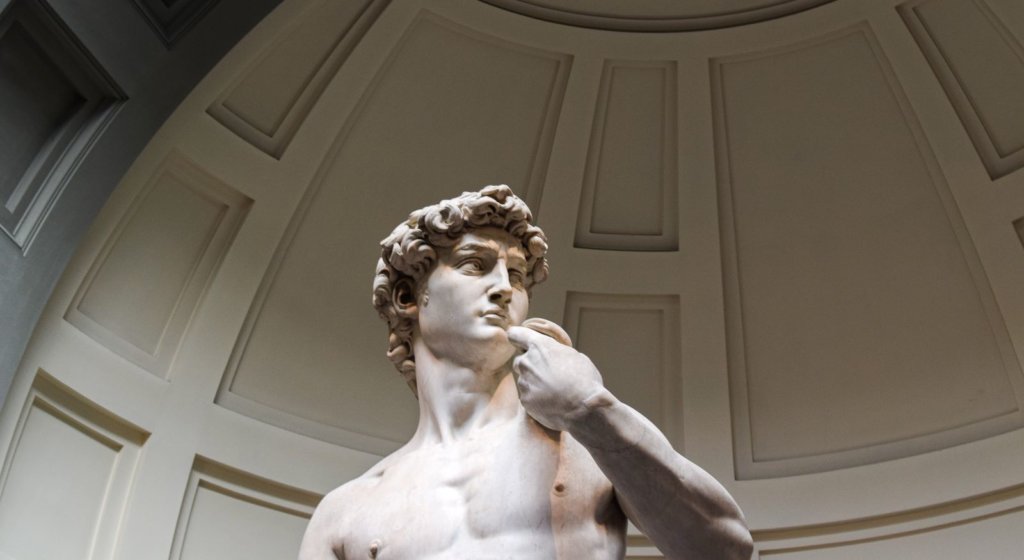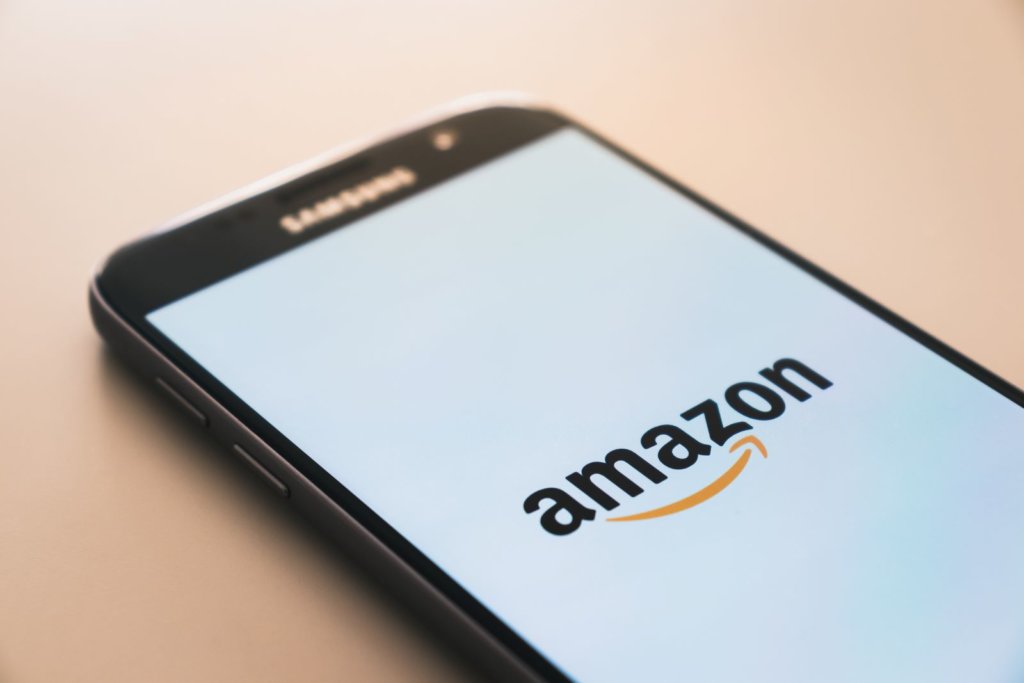The other night I dreamt I was stuck with a roommate. For some reason, she couldn’t move out even though I wanted her to. She used my things, threw our house into disarray, and then managed to puncture a large hole in the ceiling. In short, NOT an ideal roommate. When I confronted her about the trouble she caused, she said, “It wasn’t me,” which was a blatant lie. Upon awakening, it seemed to me that dream is an excellent metaphor for what’s happening in the U.S. right now.
The Supreme Court is coming into our house and wreaking havoc left and right. I know not everyone agrees with me – they approve of what the court is doing and think the government should have less power, not more. I hear that. I understand valuing freedom and choice, but here’s the thing – that doesn’t work if people are only focused on themselves.
When you’re motivated by self-interest and greed, you make decisions that only benefit you and not the people around you. That’s a shortsighted way to live because as my spiritual teacher says over and over again, “One must not forget that collective welfare lies in individuals and individual welfare lies in collectivity. Without ensuring individual comforts through the proper provision of food, light, air, accommodation, and medical treatment, the welfare of the collective body can never be achieved. One will have to promote individual welfare motivated by the spirit of promoting collective welfare.”

We are all linked together. Photo by Becca Tapert on Unsplash
We are all linked together but those in power keep refusing to see that. True leadership and a proper, functional government would not prize individual needs over collective needs because they understand what happens to someone else affects them too. Let’s take the company Amazon as an example. Did you know Amazon is burning through its workforce? In a leaked internal memo from June, research stated if the company maintains its status quo, it will run out of U.S. workers by 2024. The turnover rate is astronomical – 150% annually compared with an average of 64.6% in the retail sector, according to the Guardian. Amazon’s founder Jeff Bezos originally welcomed the high turnover because he feared long-term employees would slack off and cause a “march to mediocrity.” But now he’s worried.
Jeff Bezos and his ilk aren’t playing the long game. They aren’t remembering to study the pros and cons of each decision. Nor are they factoring in whether the decision contributes to the welfare of all. If the Supreme Court was doing that, they would understand that allowing states to decide what to do about abortions means some will outlaw it. And outlawing abortions means people with uteruses will resort to extreme measures to abort the fetus.
If the Supreme Court was factoring in the welfare of everyone, they would understand that forcing someone to have a child they do not want is a bad situation for everyone. Setting aside the abortion issue, if the Supreme Court was factoring in the welfare of everyone, they would uphold the ruling that the EPA can enforce gas emissions because hi, climate change really and truly affects everyone not just in the U.S. but around the world. The Supreme Court is not doing that and neither are many politicians.
There is an African proverb that says, “If you want to go fast, go alone. If you want to go far, go together.” We are not going to go far if we keep focusing on ourselves alone. We are not going to solve any of our serious societal problems if we’re thinking, “How can I benefit?” instead of “How can we benefit?” It seems to me we’re getting reminded of that over and over again right now. I hope that as outrage grows, more and more people will wake up to this idea of collective welfare because, wow, do we need it.
I dream of a world where we understand and promote the idea of collective welfare. A world where we recognize that if something doesn’t benefit as many people as possible, it should be rejected. A world where everyone starts thinking of not only themselves but others too because they recognize we are inextricably linked.
Another world is not only possible, it’s probable.
As you’ve likely heard, the first-ever Amazon labor union was formed on Friday. What I love about this story is the David versus Goliath aspect. I can think of no better representation of a modern-day Goliath than Amazon. After all, Amazon accounts for more than 40% of ecommerce, according to emarketer.com. The next highest percentage of internet commerce is Walmart, coming in at 7.1%. So. There’s that.
And, regarding workers specifically, Jeff Bezos said in a New York Times article he didn’t want hourly workers to stick around for long because he viewed a large, disgruntled workforce as a threat. That attitude shows because the company spent $4.3 million in 2021 alone on anti-union consultants, according to U.S. Department of Labor filings. And maybe you’re saying, “Amazon doesn’t need a labor union because employees have great working conditions!” That’s what Amazon is touting, but the reality doesn’t match because Amazon measures the time each employee spends off task at its warehouses, meaning every bathroom break is accounted for. If a person spends too long in the bathroom, they can be and have been, fired.
I could keep going, but I already wrote about the poor working conditions in a blogpost last year. Instead, let’s talk about our David, Christian Smalls. First off, how perfect is that last name to represent David?!? Also, he’s someone Amazon discounted because, in a leaked memo obtained by Vice in 2020, an Amazon layer told Jeff Bezos that Smalls was “not smart, or articulate.”

Keeping it classic here with the David sculpture. Photo by Mateus Campos Felipe on Unsplash
Take that, Amazon! The man you viewed as not smart or articulate spent the last two years talking to workers on Staten Island, holding cookouts, conversing with them at bus stops, and educating them on why a labor union is necessary. And it worked. Despite previous failed attempts, the Amazon factory known as JFK8 has a labor union. The vote wasn’t close either – the “yeses” outnumbered the “no’s,” by 500 votes. Yes, Amazon is fighting the outcome because of course they are, but still. In this day and age when we hear so many stories about corruption, plutocracy, and big corporations doing terrible things despite the opposition of the general public, it’s nice to hear a story about how the little guy can still win.
It reminds me of a quote from my spiritual teacher who spoke a lot about dharma, or the essential characteristics of human beings. There’s a lot to say on the subject, but in brief, my spiritual teacher praises the higher qualities of human beings; the ones that are aligned with truth, justice, generosity, and compassion. He said whenever human beings follow these higher qualities, their well-being, victory, and prosperity are ensured.
Furthermore, “whoever goes against these ingrained human characteristics … will be doomed to destruction. By divine decree, everyone has the right to live in the world with dignity. If anyone creates any obstacle against this dharma-oriented system, if they oppose it, they are bound to be destroyed. No one has ever been victorious or will ever be victorious by opposing dharma. Always remember that when dharma is with you, whoever will oppose you will be razed to the ground – their destruction is a must.”
A caveat here is sometimes that destruction is slow. It can take decades to appear and/or may happen in another life. However, I take heart knowing that in the long run, the righteous, the justice-oriented, the person who is fighting for a better world, like Christian Smalls, in this case, will win.
I dream of a world where we remember real-life David versus Goliath stories exist. A world where we understand sometimes the little guy does trounce the evil, big conglomerate. A world where we realize if we continue to do good in the world, to follow our higher nature, eventually we will succeed.
Another world is not only possible, it’s probable.
June 21 and 22 are Amazon Prime days so I wanted to take a minute to talk about the reality of this company and capitalism in general.
Earlier this month, the New York Times came out with an article titled “The Amazon Customers Don’t See.” It’s quite long so I won’t detail the intricacies of the article but instead highlight a few aspects. First off, Amazon measures the time each employee spends off task at its warehouses, meaning every bathroom break is accounted for. If a person spends too long in the bathroom, they can be, and have been, fired.
One employee wrote on the internal feedback board, “It is very important that area managers understand that associates are more than just numbers. We are human beings. We are not tools used to make their daily/weekly goals and rates.”
However, Amazon warehouse employees are not treated like human beings, which is reflected in the company’s turnover rates. From July to October 2020 alone, Amazon hired 350,000 new workers, which is more than the population of St. Louis. Many recruits were hired through computer screening with little conversation or vetting. They only lasted a few days or weeks. Amazon’s turnover rate is roughly 150% a year, which is almost double that of the retail and logistics industries, according to the Times.

I urge you not to support this company. Photo by Christian Wiediger on Unsplash
Some more numbers for you: In 2019, the company hired more than 770,000 hourly workers, even though Amazon, including corporate staff, grew by just 150,000 that year. That means the equivalent of Amazon’s entire work force, roughly 650,000 people at the start of the year, left and were replaced that year. If Amazon is churning through its entire work force once or twice a year, it would need to have eight, nine, 10 million people apply each year, which is about 5% of the entire American work force. Five percent of the ENTIRE American work force.
The high turnover is built in to Amazon’s bones as Jeff Bezos said he didn’t want hourly workers to stick around for long because he viewed a large, disgruntled work force as a threat. Yeah, because then they might start asking for stuff like higher pay. . .
Also, let’s talk about racism. Black associates were almost 50% more likely to be fired than their White peers. In Amazon’s warehouse, more than 60% are Black or Latino whereas more than 70% of managers are White or Asian. So not only is Amazon burning through workers, it’s also perpetuating racism within its ranks.
Amazon is a prime (ha!) example of capitalism at its worst. Not only is Amazon exploitative, it plays to the worst part of our humanity – our desire for convenience no matter the cost. Bezos said people are inherently lazy and our nature as humans is to expend as little energy as possible to get what we want or need. He’s right, which is why Amazon sales exploded during the pandemic and the company continues to grow.
But again, I ask, what price are we paying for this convenience? We’re destroying the planet and treating people like machines. We’re supporting a company that appeals to our basest instincts and perpetuates what many are so actively fighting to change, i.e., racism. If you care about small businesses, workers’ rights, human rights, or the planet, you cannot actively support Amazon. And look, I know there are some products only Amazon sells – a “perfect” boycott is likely unachievable, but can you buy less from them? Even a little less? I know it’s inconvenient, but perhaps the price is worth it.
I dream of a world where we support our fellow human beings. A world where we demand people are treated with the respect and care they deserve. A world where we put our money where our mouths are when it comes to our values. A world where we understand sometimes the price of convenience is too high to pay.
Another world is not only possible, it’s probable.